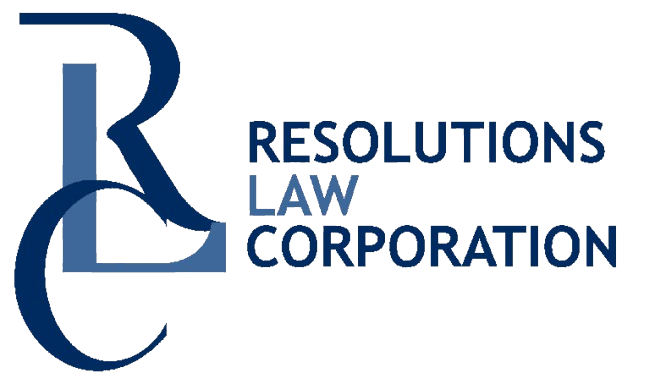If you have a proceeding that’s going to trial, you may encounter a step in the process called an Examination for Discovery (XFD). While examinations for discovery are not mandatory, they can be very important in respect to your trial.
So, what exactly is it? An examination for discovery is a meeting where a party asks the opposing party questions about the issues in dispute. Since these meetings are under oath and will be attended by a court reporter who will prepare a transcript that can be used at trial, this is a great opportunity to gather more information from the opposing side, explore contradictions in their facts, and gauge what their conduct will be like at the trial.
Some examples of the things that can be done at an examination for discovery are:
• Pin down admissions
• Discover additional facts you may need for trial by asking questions about documents
• Discover the strengths and weaknesses of your case to prepare for trial
• Make requests for documents
• Narrow down your issues
• Get a sense of how the witness or their lawyer will act at the trial
Because everything you say will end up on the transcript and could potentially be used as evidence in trial, it is vitally important to be well prepared for an examination for discovery. This meeting is also one of the first opportunities to meet the lawyer of the other party, so it is important as well to make a good impression.
If you need advice regarding Examinations for Discovery, consult Vancouver and Burnaby family law lawyer Andrew Rebane at Resolutions Law Corporation, Burnaby, British Columbia at andrew@resolutionslawcorp.com or 778-372-7107.


